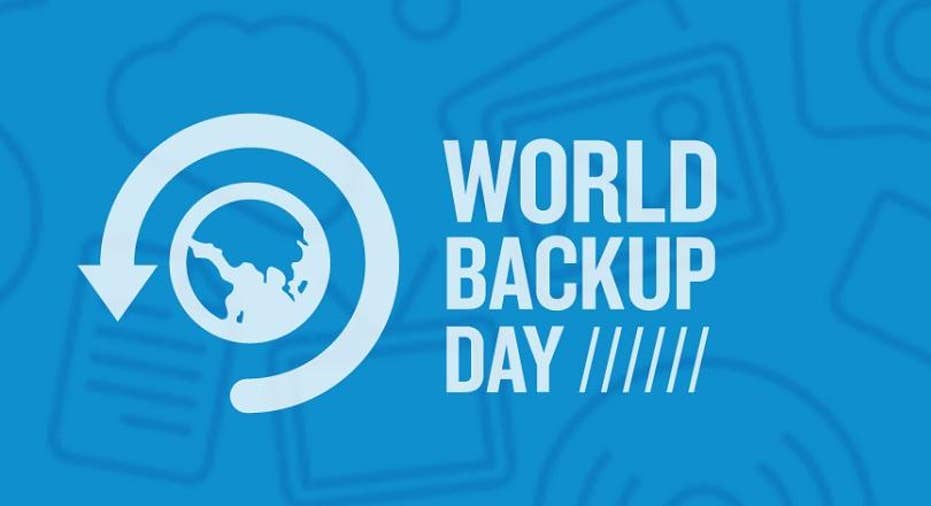Happy World Backup Day! (What The Heck Is World Backup Day?)

If you work in technology, you may have heard about World Backup Day. Founded in 2011, World Backup Day was designed by Ismail Jadun, a digital strategy and research consultant, to boost awareness for businesses and individuals that may not recognize the importance of regular data backups. The goal, according to the World Backup Day website, is to use March 31st as the date each year to reach those who have never backed up their data, and even people who might not have ever even heard about data backup.
"World Backup Day started out when someone on Reddit lost their hard drive and wished someone had reminded them to back up," said Jadun. "I thought it was a wonderful idea…it's wonderful to see people and schools around the world promoting the importance of backing up our data."
One of those companies promoting World Backup Day is Datacastle, an analytics and endpoint protection services company. President and CEO Ron Faith said his company endorses the new occasion because he often finds that small businesses don't truly understand the threats from ransomware, data loss, and data breaches. "It is important for small businesses to be honest with themselves that they don't know what data is on all their company laptops, tablets, and smartphones," he said.
What You Need to Know About Data Loss
Don't think of data loss as something that only happens to massive companies or to individual employees who drop phones in swimming pools. Jadun and Faith want you to know that any company or individual can fall victim to data loss and theft. Business Email Compromise (BEC) attacks are incredibly simple ways that hackers target companies, without having a massive army of coders on their side. An excellent example of a BEC attack is a fraudulent email sent from someone pretending to be the company's CEO to the company's human resources (HR) manager. Without realizing that he or she is being scammed, an HR manager willingly sends personal employee data to the scammers. Since 2013, more than 7,000 of these attacks have occurred, totaling losses exceeding $740 million according to FBI data.
Not protecting your company's data can be a costly decision. The average global cost per stolen confidential record in 2016 rose from $154 to $158. Last year, there were 38 percent more attacks on companies than there were in the previous year, and most attacks stay dormant within a company's system for over 140 days before the company even realizes they've been infiltrated. Attacks are happening more often, they're more sophisticated, and they're becoming more and more expensive for businesses. Or, as Faith said, the cost to the company's reputation "is far greater from an embarrassing data loss or data breach incident than the cost of most [backup and protection] solutions."
How to Stay Safe
Faith advised businesses to create a simple, company-wide, data protection policy that will automatically back up the endpoint data to the cloud. He said the solution "should be friction-free for the employees and not really require the employees to do anything." If your company doesn't have the resources to dedicate to a corporate-wide backup, Faith said companies should start with the executives' laptops. "It is a smaller group with the most sensitive data. This enables the executives to lead by example on protecting endpoint data," he said.
Jadun said it is crucial for companies to audit the data they produce. This includes customer data, product data, HR data, and sales data, among many other examples. By doing this, companies can fully understand the stakes of any data loss incident. Once you've audited your data, he advised companies to determine the potential ways data could be lost and then create a data protection plan to protect those assets.
"Depending on how much downtime your organization can handle, you can then set about looking at various data protection and backup solutions. Your business should strongly consider creating local backups as well as backups in an offsite location. Then, go about setting up protocols to both automatically back up and test those restore regularly."
This article originally appeared on PCMag.com.



















